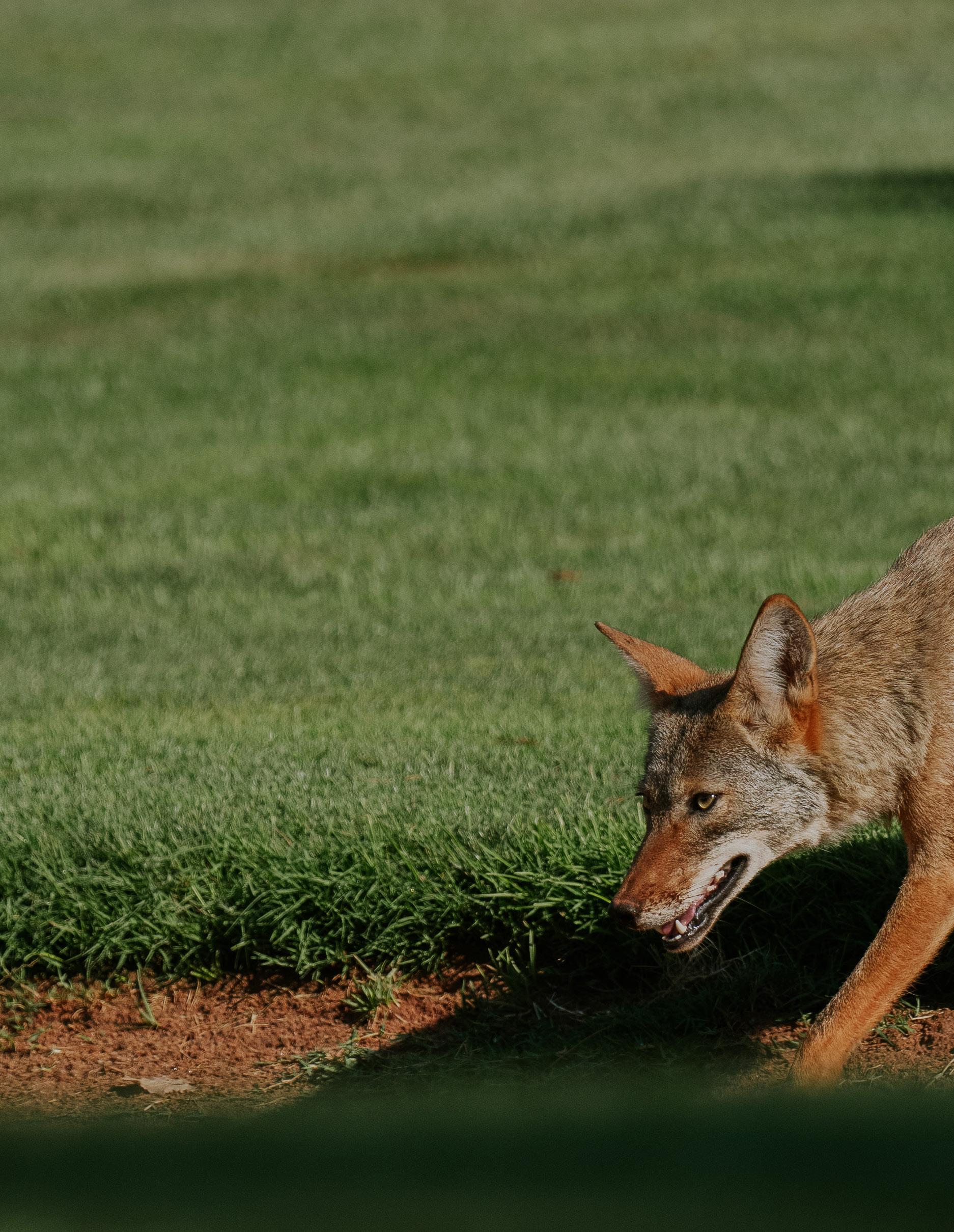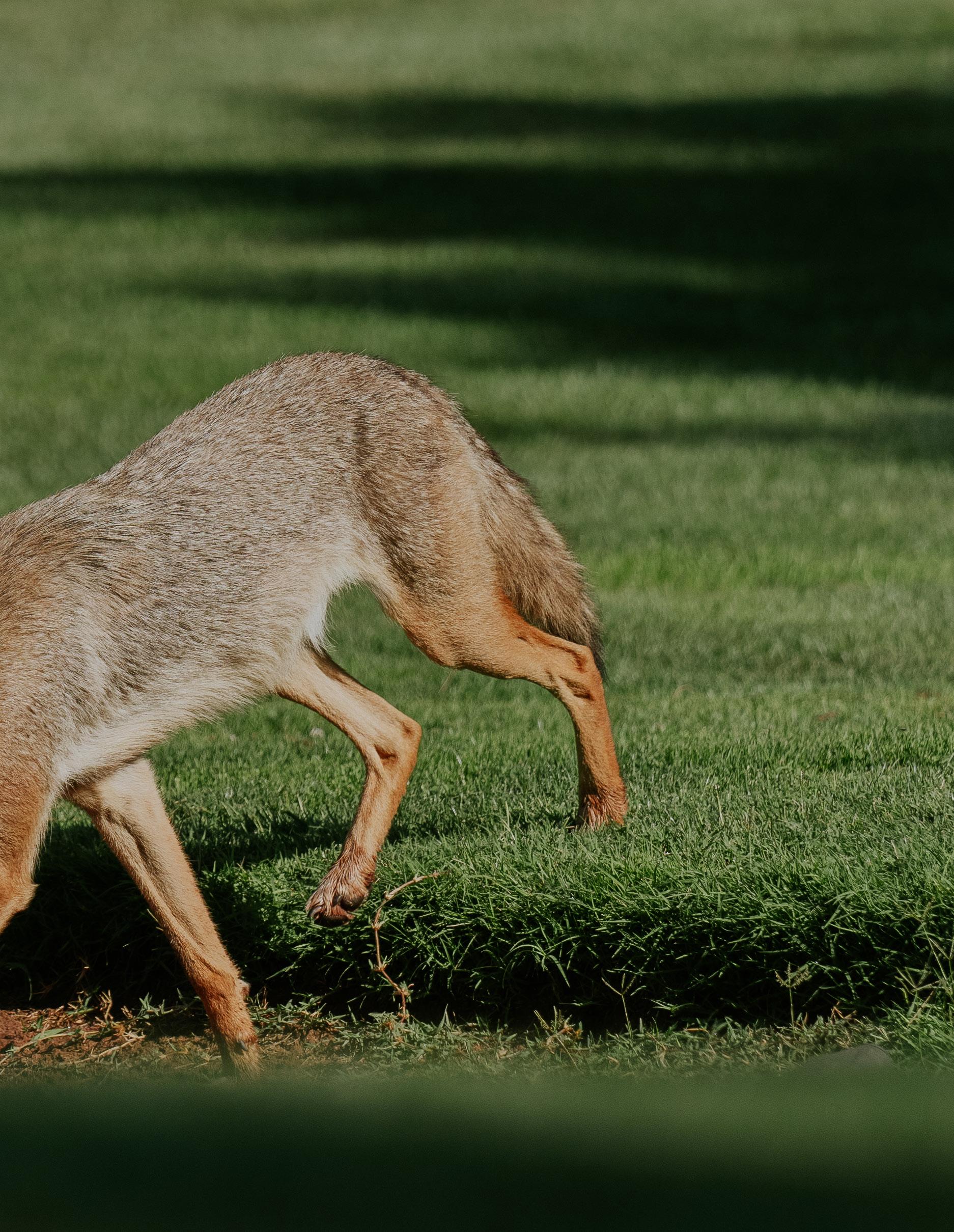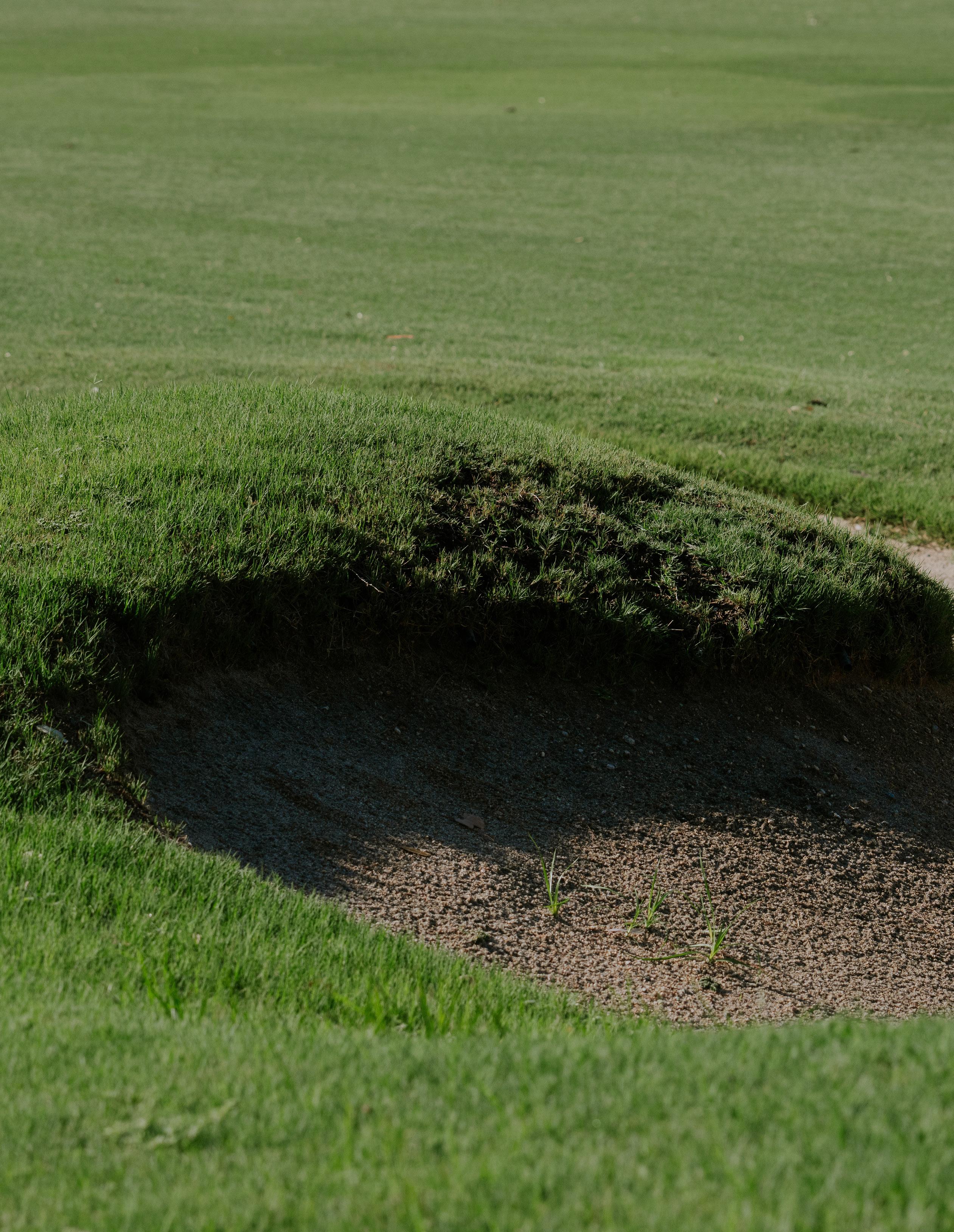WORDS

JOHNSON

WORDS

JOHNSON
Every year, about 85 percent of Arizona golf courses, the majority residing at or beneath 3,000 feet in elevation, undergo the process of overseeding their properties.
The process is, what some would call, a labor of love as it requires a time-consuming, diligent effort to create lush, green playing surfaces for Arizona’s peak golf season, which runs from October through March. Much like a grizzly bear does in the winter, bermudagrass takes this time to hibernate and let its snow-birding friend, ryegrass, steal the show.
In an effort to keep Arizona golfers informed, the AZ GOLF team has spent countless hours (although much less than courses will during this time) to compile the most accurate overseeding schedule available in the great state of Arizona.
A special thank you to ArizonaGolfVacations.com for also working to gather overseeding dates, as well as Eric Hickenlooper, Kathryn Laux, and Sharon Goldstone.









Choosing not to overseed is becoming more of a prevalent decision, especially in a state with increasingly limited access to water. However, the decision to overseed or to not overseed is far from simple and accounts for a variety of variables — course bottom line, access to play throughout mandatory overseeding shutdown, weight of sustainability vs. economic impact, and of course, playing conditions.
Alpine Golf and Country Club
Alta Mesa Golf Club
Antelope Hills Golf Course
Aspen Valley Golf Club
Birdie Ranch at Silver Creek Golf Club
Bison Golf Club
Canyon Mesa Country Club
Capital Canyon Club
Cerbat Cliffs Golf Course
The Golf Club at Chaparral Pines
Continental Golf Club (Flagstaff)
Coronado Golf Course
Coyote Trails Golf Course
Douglas Golf Club & RV Park
The Golf Club at Dove Mountain
Elephant Rocks Golf Course
FireRock Country Club
Flagstaff Ranch Golf Club
It’s also worth noting that 75 percent of the clubs notoverseeding reside at an average elevation of 4,807 feet. Courses such as Bison Golf Club and Birdie Ranch Golf Club near Show Low grow a perennial Kentucky Bent Grass that does not need to be overseeded like the bermudagrasses found on southern courses. Due to cooler climates and higher elevations, many northern courses benefit from the ability to grow perennial grass species. Southern courses might choose to take a year off to save some money, while others choose to simply “embrace the brown.”
Forest Highlands Golf Club
Canyon Course
Meadow Course
Greenlee Country Club
Hayden Municipal Golf Course
Hidden Cove Golf Course
Lake Powell National Golf Course
The Links at Las Palomas
Mesa Del Sol Golf Club
Mesa View Golf Course
Mountain View Golf Course at Ft. Huachuca
Palm Valley Golf Club (3 9-hole courses)
Payson Golf Club
Pebblebrook Golf Course at Sun City West
The Pine Canyon Club
Pinetop Country Club
Pinetop Lakes Golf & Country Club
Pinewood Country Club
Prescott Golf Club
The Club at Prescott Lakes
Pueblo del Sol Country Club
Quail Creek Country Club
Quailwood Greens Golf Course
The Rim Golf Club
Sedona Golf Resort
Seven Canyons Golf Club
Snowflake Golf Course
Stardust Golf Course at Sun City West
Starfire Golf Club
Stoneridge Golf Course
Talking Rock Golf Club
Tierra Grande Country Club
Torreon Golf Club Tower Cabin
Tubac Golf Resort Anza
Tuscany Falls Golf Course at PebbleCreek West
Valle Vista Country Club
White Mountain Country Club

